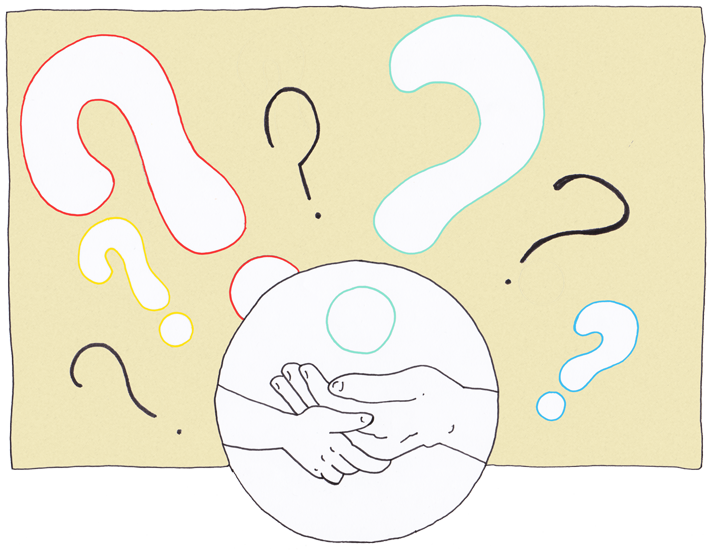Target audiences and benefits

The IPCY works alongside the following populations in Montreal—as well as at provincial and international levels—with a particular focus on disadvantaged communities:
- Members of civil society:
- Children and adolescents
- Elders
- General public
- Companies
- Institutions
- The education sector: The teaching and student community as well as intervention and research teams:
- Early childhood centres
- Primary and secondary schools
- Cégeps and colleges
- The university community
- Community organizations
- The greater Montreal area and surrounding areas
The IPCY's philosophical practices aim to equip youth to succeed at school, to develop their self-esteem, to grow intellectually and emotionally, to undermine dogmatism, to fight against intolerance, and to prevent violence.
Democracy and young people's rights: Philosophical practices play a key role in learning democracy from a young age, because philosophy refuses to engage in violent confrontation, instead calling for reasoned dialogue. The value of democracy relies first and foremost on the inclusion of all citizens in the making of collective decisions. Democracy requires essential skills, such as the ability to dialogue with those with whom we disagree, to deliberate in order to reach the best possible decision together, and to respect the legitimacy of decisions made communally. When it comes to youth, democracy also involves a set of rights that they have to know and be able to assert, and which we must protect. Learning democracy through the practice of philosophy increases young people’s sensitivity to their rights and liberties as emerging agents.
Emotional intelligence: Emotional intelligence is not restricted to mastering one’s emotions, though it is one of its chief goals. Above all, it enables one to adequately respond to situations that require empathy, active listening, cooperation, co-construction, carefulness, but also righteous indignation and a sense of justice, as well as mastery of tougher emotional experiences. Because any dialogue, thought or commitment to oneself or to others involves specific emotions, the practice of philosophy helps develop young people’s emotional intelligence.
School achievement: Philosophical practices help fight against school drop-out rates by improving the development of literacy and numeracy, thus reinforcing self-esteem and trust in others through reasoned exchanges, and fostering affective dispositions such as empathy. Indeed, young people who practice philosophy acquire better language skills, not only in order to interact and communicate their emotions and perspectives, but also to form their arguments. They process relevant information better (within stories, literary and argumentative texts, or articles), follow fundamental logical rules (implication, cause-consequence relationships, recognition of fallacies) and thus organize their ideas more coherently.
Ethics: The practice of philosophy brings about significant improvements in ethical reasoning. Young people are better able to perceive situations that require difficult decision-making, analyze them and discern the various ethical considerations at stake. They have a better understanding of the implications of their decisions and actions. Democratic citizenship depends on the development of these ethical skills.